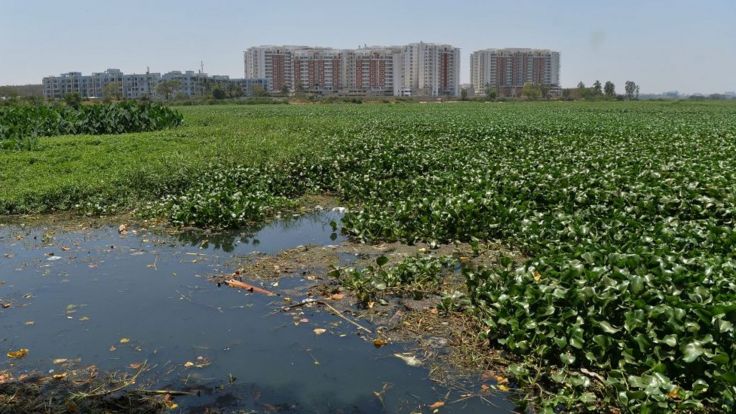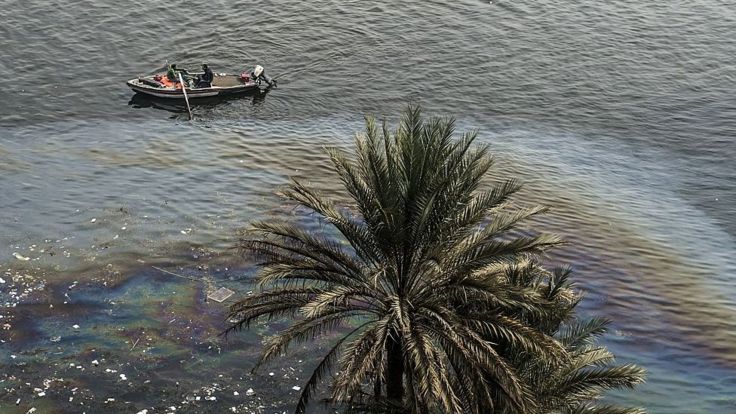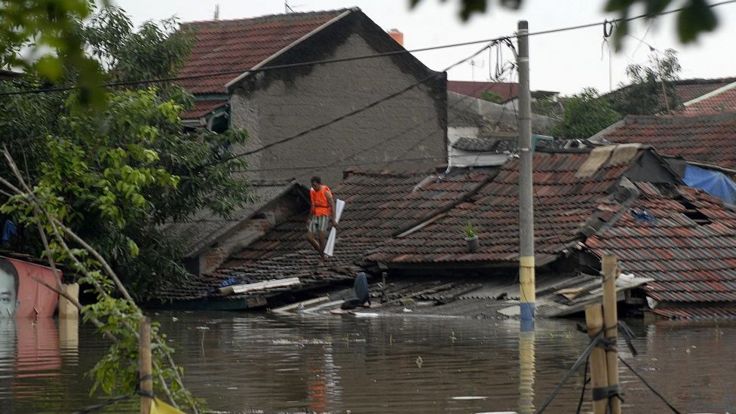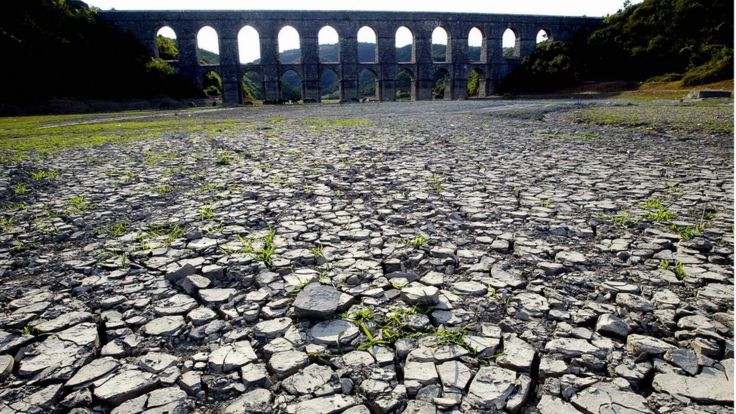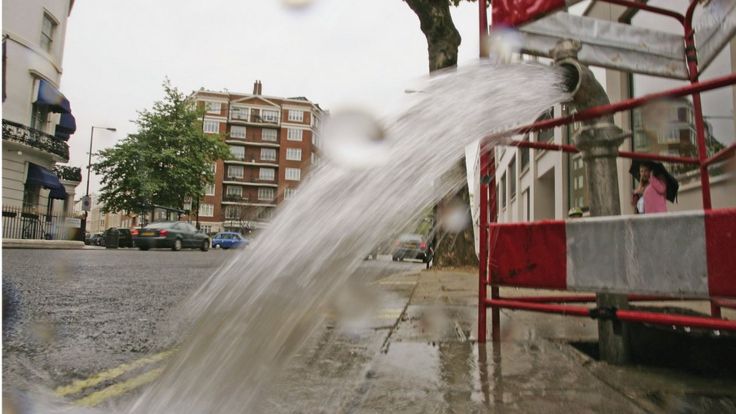FOOD SECURITY
|
Thanks to your
fellow member Rudy Arredondo, President National Latino Farmers and Ranchers
Trade Association (NLFRTA), Website: www.NLFRTA.org for keeping us abreast of ongoing efforts
on the U.S. Farm Bill, and food security issues not only in the U.S., but
within the Americas.
Thanks Rudy.
CDS.
THE SENTIMENT BEHIND THE JEERS ON SNAP CONCEPT: The hostility among some 1,200 anti-hunger advocates was palpable on Monday as Brandon Lipps, the USDA's top nutrition official, started discussing the department's "America's Harvest Box" concept. Boos and mocking laughter erupted. At least 20 people walked out in protest during the National Anti-Hunger Policy Conference in Washington, report Pro Ag's Catherine Boudreau and Helena Bottemiller Evich. Those expressions demonstrate how motivated anti-hunger advocates - including food bank officials, community organizers and nutrition policy experts - are to fight back against the Trump administration's attempts to trim the social safety net. Lipps, who serves as both administrator of USDA's Food and Nutrition Service and as acting deputy undersecretary of food, nutrition and consumer services, calmly welcomed the feedback, however expressed. "Your boos are welcome, but so are your good ideas," Lipps said. "Please talk to us. All new ideas require dialogue." McGovern stirs up the opposite reaction: Rep. Jim McGovern (D-Mass.) was received by loud applause and a standing ovation as he lambasted Republicans for trying to pay for their priorities on the backs of low-income Americans. He encouraged the audience to oppose the House version of the next farm bill -- which he has yet to see -- if it includes large cuts to the Supplemental Nutrition Assistance Program and other feeding programs. House Agriculture Chairman Mike Conaway has said he intends to unveil the legislation in the coming weeks. "We'll be in a position to write a better farm bill after November," McGovern said, suggesting that Democrats may be able to take control of the House after the midterm elections. Today's action: Many of the advocates will spend the day on Capitol Hill fighting cutbacks to food stamps and other aid programs. HAPPY TUESDAY, FEB. 27! Welcome to Morning Ag, where your host will head to Mexico City later this week for the seventh round of NAFTA talks. Anything specific you want to hear about the negotiations? News and tips to share? Send my way: srodriguez@politico.com or @sabrod123. Follow the whole team at @Morning_Ag. USDA SHAKES UP DIETARY GUIDELINES PROCESS: We know, we know, you cannot believe it's already time for Dietary Guidelines. The 2015 round was so brutal with the public fights. We can't believe it, either. But on Monday, USDA formally kicked off the discussion for 2020 (which is already behind schedule) by switching up the process a bit: The agency is outlining the topics ahead of time and opening them up for comment immediately. What's happening now: The Dietary Guidelines, updated every five years, set nutrition policy for the federal government, including billions of dollars in nutrition programs. An outside panel of experts, known as the Dietary Guidelines Advisory Committee, is usually assembled before topics and questions are set, but this time around, the order will be reversed. The administration has named its own topics and questions before seeking nominations for the panel. Why the change-up: The shakeup comes after a bitter battle over the last update, which included high-profile battles over sustainability and meat recommendations. After the fallout from the last go-around, the National Academies of Sciences, Engineering and Medicine reviewed the process and made recommendations for how to make it more "trustworthy." Administration officials said they were making the change to improve transparency and engage the public earlier in the process. It remains to be seen how the change-up will be received by public health advocates, especially because it's not clear how selecting the topics ahead of time will ultimately affect the outcome, if at all. More from Helena here. FOOD SAFETY TALK WILL BE AT END OF ROUND 7: Negotiators from the U.S., Canada and Mexico will leave discussions on the almost-complete chapters until the last days of the seventh round of NAFTA talks, according to an official schedule obtained by POLITICO, yours truly reports. Last month, Mexican Economy Minister Ildefonso Guajardo said those chapters - food safety, digital trade and telecommunications - were about 90 percent complete. The working group on sanitary and phyto-sanitary measures, which governs rules on food safety and animal and plant health, will meet on Sunday, March 4. Other meetings of interest: Most of the groups will meet for two days, including those on labor, energy and environment. Agriculture also met for two days, Sunday and Monday. Unexpected rules of origin change: Discussions on automotive rules of origin were postponed after the chief U.S. negotiator for that policy area left the round to return to Washington. The U.S. lead was headed back to the U.S. "for consultations" and talks on the subject would be rescheduled, a source told Pro Trade's Megan Cassella. It's unclear whether the talks on rules of origin will resume in this round or be delayed until later next month, but the policy issue had been expected to be a major topic of discussion during the round. The wrap up: The top trade officials - U.S. Trade Representative Robert Lighthizer, Guajardo and Canadian Foreign Minister Chrystia Freeland - will meet on Monday, March 5. More from your host here. SENDING OUT AN RFS TO THE WORLD (WITH APOLOGIES TO STING): Today's the big day for corn farmers, oil refineries, and their champions in the Senate. Sens. Pat Toomey, Ted Cruz, Joni Ernst and Chuck Grassley will meet with President Donald Trump and his top advisers to see if there's some kind of deal to be struck in the Renewable Fuel Standard. What's on the table: EPA Administrator Scott Pruitt and Agriculture Secretary Sonny Perdue met Monday with Trump to offer a package of changes that would include creating biofuel credits for exported ethanol, a cap on credit prices, a waiver for 15 percent ethanol gasoline blends, and some transparency measures. Few details were forthcoming from that meeting, though Pro Energy hears they made progress toward a deal they hope corn can accept. Drawing the line: Toomey is strongly backing administrative action by EPA to tweak the regulations. "I would support legislation that would deal with it, but [administrative action] would be much quicker," Toomey told reporters. Gang Grain has never been into this idea: Grassley and ethanol producers rejected the credit cap proposal months ago. As for farmers, a group of six farm groups - National Corn Growers Association, National Association of Wheat Growers, American Soybean Association, National Sorghum Producers, American Farm Bureau Federation and National Farmers Union - joined together in a Monday letter to ask Trump to not weaken the RFS, highlighting it as a crucial support for farm economies. Carper backs RIN fix: The top Democrat on the Environment and Public Works Committee, Sen. Tom Carper, told our Pro Energy colleagues that he would support a move to make the RIN market less volatile and more transparent. but said he wasn't sure if it could be done administratively. Fixing the RIN market, Carper said, would "not do harm to the Renewable Fuel Standard" but would "frankly help a number of refineries." Carper's Delaware constituents work for the plants claiming damage from the RFS, including the now-bankrupt Philadelphia Energy Solutions. ROW CROPS: - Supreme Court won't hear water transfer rule challenge: The Supreme Court declined Monday to hear challenges to a 2008 EPA rule that allows water managers to transfer supplies between lakes and reservoirs without pollution control permits, even if the transfer moves dirty water into a pristine basin. Western states that heavily rely on such transfers had been watching the rule closely, Pro Energy's Annie Snider reports. - Brady: Trump knows he must work with Congress on NAFTA: President Donald Trump knows he must pay attention to concerns from Congress to win approval on a revised NAFTA deal, House Ways and Means Chairman Kevin Brady said Monday. The Trump administration has made a number of proposals that seem to be aimed at attracting Democrats' votes but have little support from Republican lawmakers. He will lead a bipartisan congressional delegation to Mexico City later this week for the NAFTA talks. Pro Trade's Doug Palmer has more. - California must stop pesticide spraying: California agricultural officials have been ordered by a state judge to stop spraying pesticides on public and private property to control insects that threaten the state's $45-billion agriculture industry, the Los Angeles Times writes. Farmers and property owners will still be allowed to use chemical insecticides. - American farmers take on more jobs outside the farm: As most U.S. farm households cannot solely rely on farm income, more farmers are taking on side jobs in rural business and manufacturing, The Wall Street Journal reports. With the slump in commodity crop prices over the last five years, 82 percent of U.S. farm household income is expected to come in from off-farm work this year, according to the USDA. - Food companies weigh price hikes over higher transport costs: Some companies in the food, consumer goods and commodities sectors are considering raising their prices in the wake of rising transportation and delivery costs, Reuters reports. Companies like General Mills and Tyson Foods are weighing price increases, which could soon mean higher costs for consumers on chicken, cereal and snacks. - Trump criticizes WTO judges: Trump lashed out at the World Trade Organization, complaining inaccurately that the world trade body seldom rules in favor of the United States. Trump, speaking at a White House meeting with 39 U.S. governors, did not mention any specific cases, but U.S. trade officials have long complained about a number of rulings against American anti-dumping regulations. More from Doug here. - Changes at DowDuPont: DowDuPont's agriculture division will be renamed Corteva Agriscience when it is spun off with DuPont Crop Protection, DuPont Pioneer and Dow AgroSciences to become a standalone agriculture company. The spinoff is expected by June 1, 2019, and headquarters will be in Wilmington, Del. More from Farm Futures here. - Russian food exports up: Thanks to exports of wheat, frozen fish and sugar, Russian food exports jumped 25 percent last year to $19 billion. Half the world's countries buy wheat from Russia, the world's top wheat exporter, which has been offering harvests at appealing prices, Bloomberg reports. - From Vegan mayo to Liberia: Hampton Creek (recently renamed Just) is launching a fortified cassava porridge product in Liberia, The Washington Post reports. - Inhumane farmworker housing: The U.S. Department of Labor found that Future Ag Management, a California farm labor contractor, was housing 22 workers in overcrowded living conditions infested with insects, and with water unsafe for human consumption. Future Ag will pay $168,082 in penalties, The Fresno Bee writes. - More controversy over Cornell's Wansink: BuzzFeed has a new deep dive alleging shoddy research practices by Brian Wansink, an influential Cornell University researcher on consumer behavior and nutrition. Read the latest here. To view online: https://www.politico.com/newsletters/morning-agriculture/2018/02/27/anti-hunger-groups-to-mobilize-on-snap-116869 |







